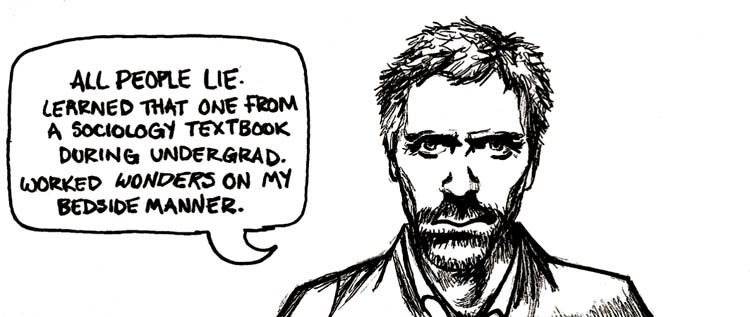For the 800 plus students at the College of William and Mary planning to attend medical school, the mere mention of the Medical College Admission Test can bring on an intense feeling of dread.
The current MCAT has not been changed since 1991. In the past 21 years, medical regulations, treatment plans, technology and numerous other facets of the medical profession have changed, so it’s high time for the test to change, too.
The updated version of the test will include a new critical analysis section, emphasizing the social sciences and drawing from ethics and philosophy. The new addition will replace the writing section of the exam but medical schools will not take away the English course requirement. Students will add Introduction to Psychology as a Social Science and Principles of Sociology to their course work, but this should not overwhelm students at the College since most students preparing for medical school already take psychology, and sociology counts as a General Education Requirement. Biochemistry will also be a required course, although that shouldn’t come as a surprise.
While new additions may add to a pre-med student’s course load, these two social science classes will be beneficial in doctor-patient relationships. We understand it is only two classes — and even then, only two introductory classes — but that doesn’t mean that nothing will sink in. Hopefully this material will lead future doctors to become more understanding of their patients’ lives and the underlying cultural factors which influence and underlie health.
The College emphasizes the importance of a well-rounded liberal arts education, and this is just one example of how important the liberal arts can be. A doctor doesn’t need to know just how to prescribe medication or even to diagnose a patient — he or she must be able to recognize the human element in providing medical care and to act as a source of comfort during physically and emotionally trying times.
The addition of these social science classes encourages deeper understanding of the individual. Many health issues arise as a result of cultural and psychological issues. Socio-economic status and ethnicity are only two of the non-medical factors that play into the treatment and health care provided by doctors. Our future doctors should understand the sociological phenomena at play when working with their patients. No one wants to deal with a doctor incapable of connecting with others. When a doctor is delivering your diagnosis, you want someone who will tell you the truth, but with empathy.
The new component of the MCAT hopes to ensure that future doctors have a better sense of their patients. It may only be a slight change in the requirements for students at the College looking to be doctors, but it makes all the difference once they are done with medical school. It could allow a future doctor to connect with a patient in a way he or she would not have before.

